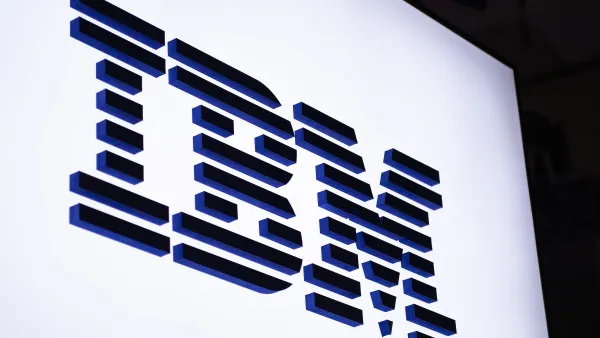Dive Brief:
-
Uber Engineering formally introduced its internal Machine Learning as a Service platform Michelangelo in a company blog post Tuesday. Uber began building the AI platform with a combination of open-source and in-house components in 2015 and now deploys it across company services such as UberEATs.
-
Michelangelo covers end-to-end ML workflow and allows Uber teams to manage data; teach, evaluate and employ models; and create and track predictions. It also serves deep learning, time series forecasting and other machine learning models, and the company is focusing on improving developer productivity on the platform.
- Uber cites the democratization of ML as a key goal of Michelangelo investment. The democratization pertains to standardize access across the ML stack, allow for market-based access to data, and ultimately help develop drag-and-drop ML frameworks, according to Knowledge@Wharton.
Dive Insight:
Uber is not the only large company creating in-house machine learning platforms tailored to its needs. Airbnb spent the last three years improving its ML system to personalize search results, and last year both AWS and Google launched cloud-based ML services.
The rise of AI and machine learning investments among service vendors such as Uber and Airbnb illustrates the tech’s widespread application across industries. Even the airline industry is using ML for anomaly detection and clustering, and in August, United unveiled an ML method to improve its overbooking strategy.
Many companies are already making AI and ML more user friendly. Last week, Oracle unveiled its own democratized "drag-and-drop" AI algorithms on the Oracle Internet of Things Cloud. The pre-built algorithms now allow employees without technical coding knowledge to use AI features.
Machine learning is particularly important for companies because it does far more than save time by crunching data faster than workers. It learns over time as it assimilates new information and it does not mimic the "rational decision-making pathways" humans use, thus offering insight that only an AI system could give.












